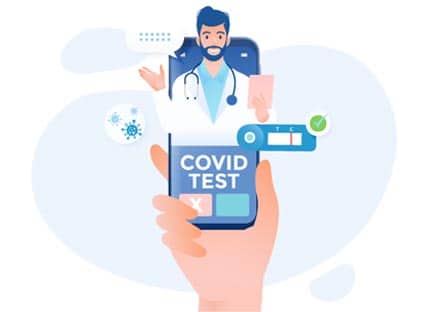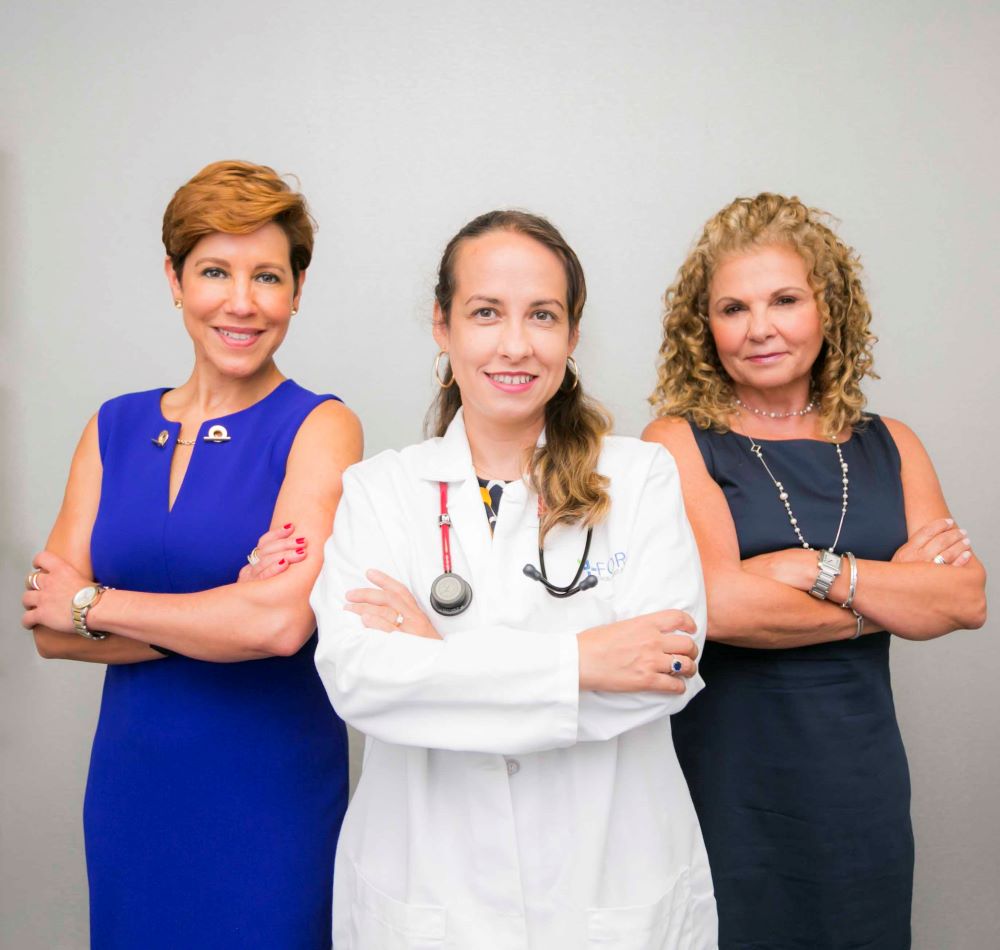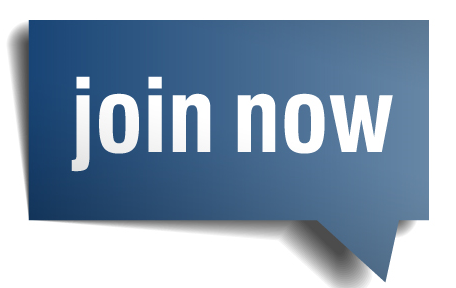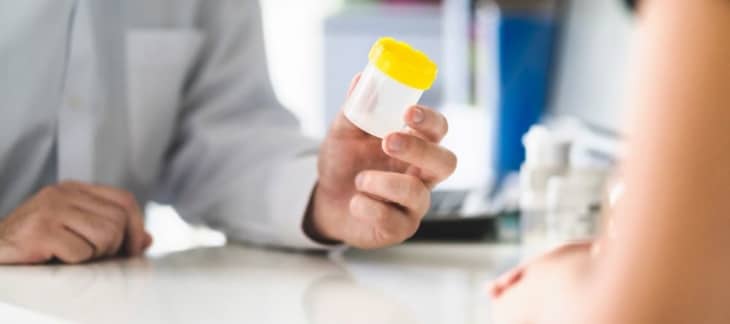A cardiology doctor studies and provides treatment for disorders of the heart and blood vessels. Your physician may refer you to a cardiologist for any suspect of heart disease or cardiovascular symptom. Cardiology doctors specialize in diagnosis and treatment. They will run tests, ask questions, and perform procedures such as heart catheterizations, angioplasty or recommending pacemakers.
For bigger procedures or surgeries with greater risks, you would normally get a referral for a cardiac surgeon after the cardiologist gives you an initial diagnosis. They can explain all the different treatment options you have for your specific symptoms.
What to expect during a cardiology visit?
- The cardiology doctor will review your medical history. They will ask about your families’ diseases related to heart conditions, your own symptoms, history of prescriptions, immunizations, etc.
- They will perform a physical examination. This may include checking your weight, height, lungs, listening to your heart, checking your blood pressure and blood vessels.
- If your symptoms require it, they can request tests such as an electrocardiogram or EKG, an echocardiogram, which provides an ultrasound image of your heart, an exercise test or blood tests.
- If needed, a cardiologist can ask you to schedule an appointment to perform small procedures such as angioplasties or stenting.
How to prepare for my appointment?
- It is best to wear comfortable clothing to a cardiology visit since you do not know what tests the doctor will require, try to avoid carrying metal accessories and wearing one-piece clothing like dresses.
- We highly recommend that you arrive 10-15 minutes early to your visit for a number of reasons: it is possible that you need to see a nurse first to take your information, pull out your record if you already have one at the clinic, or look for test results if this is a follow-up visit. Also, a previous appointment might have been canceled or finished early, which gives the doctor the opportunity to see you before time.
- It is important to have all your documents ready, your insurance papers or insurance card if you have one, test results (if applicable), previous prescriptions, etc.
- If you have an appointment where they are going to perform certain tests, it is very important that you follow the instructions for those tests, such as fasting or avoiding cigarettes or alcohol 24 hours prior to your visit.
- It is very likely that you will be meeting with the nurse before you see the cardiology doctor. The nurse will take your vitals and ask you some questions, they will later give all of the information to your doctor.
- During the visit, ask all the questions you can come up with to your doctor; you can make a list before your appointment, so you don’t forget them.
Here you have some examples of questions to ask your cardiology doctor: How can I improve my symptoms? What habits should I change? If there is already a disease, what are my risk factors?
What are the red flags that I have to pay attention to? Will I need a follow-up appointment? Does this condition increase my risk regarding COVID-19? - Make sure to understand all of your doctor’s instructions and prescriptions before the consultation is over.
Keep in mind that at Formé Medical Center, we offer cardiology among our services, and we have the best team available for you. To learn more about our cardiology services or to schedule an appointment with a cardiologist that will help you improve your health and provide the best advice, give us a call at 914 723 4900.







